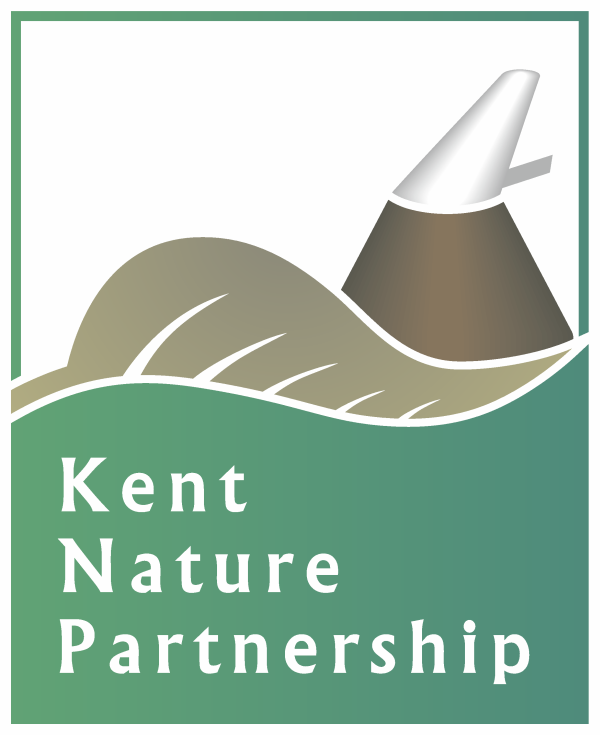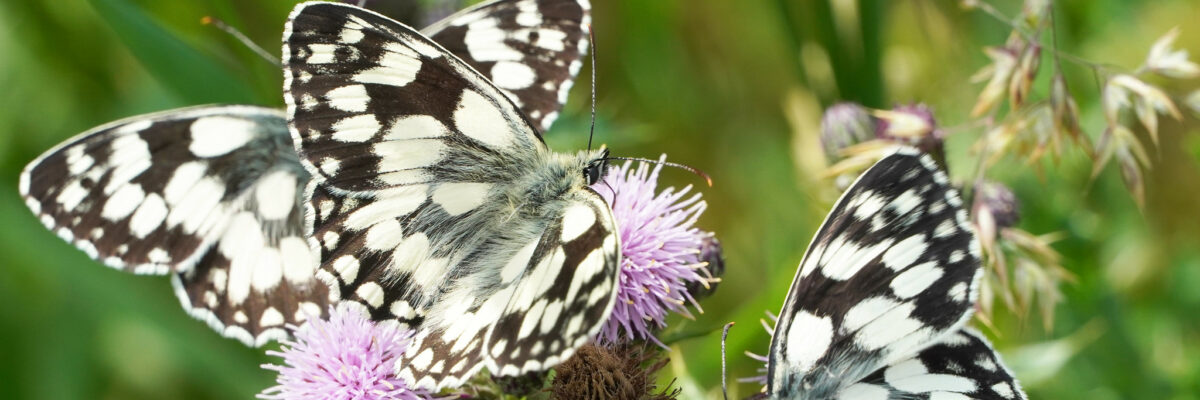Importance of Nature
Nature is important in its own right, but it is also essential to our lives. It is responsible for the air we breathe, the water we drink, the soil we live on (and off) and the food we eat. It provides us with clothes to wear, materials to build with and medicines to cure. It provides us with a place for leisure, recreation and reflection and provides great joy and interest; as such it is inextricably linked to our mental health and wellbeing.
Despite the importance of nature to our very existence, nature is facing a crisis – an ecological emergency. The Living Planet Report (2018) shows that wildlife populations have declined by over half in less than 50 years and that the variety of life on earth is disappearing fast. Furthermore, the Intergovernmental Science-Policy Platform on Biodiversity and Ecosystem Services (IPBES) reports that globally one million animal and plant species are now threatened with extinction.
Kent is one of the UK’s most wildlife-rich counties because of our long coastline, landscape history, southerly location, and proximity to mainland Europe. The county encompasses globally rare habitats such as vegetated shingle, marine chalk reef, chalk grassland and chalk steams. Despite increasing development, it is still largely an agricultural county and has extensive woodland coverage compared to other parts of England.
This wealth of varied habitat supports over 3,400 rare and threatened species, with some of these nationally rare and some only found in Kent within the UK. But it is not just the rare or endangered that matter, even the most commonplace species is vital within the wider natural environment. We are fortunate to live in such a county but also have a responsibility to hand nature over to future generations.
As outlined in the State of Nature in Kent report (2021), our biodiversity is facing many pressures and there have been some worrying declines as a result. Kent is a county that needs to meet the needs of a growing population and is the home for a range of industries. In the face of these pressures, it will not always be possible to preserve natural environment in aspic, rather we need to find new ways of reversing losses in biodiversity. Alongside traditional conservation management, natural capital and nature-based solutions will need to be put at the centre of commerce and housing development.
The KNP will stand up for nature in the county and help to develop policy and thinking in these areas.
This type of thinking and policy is now starting to take hold.

